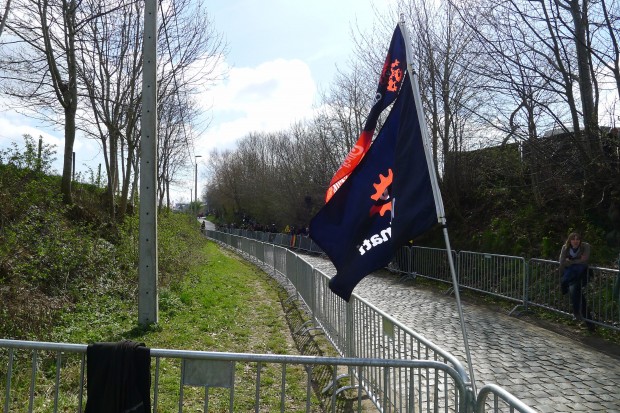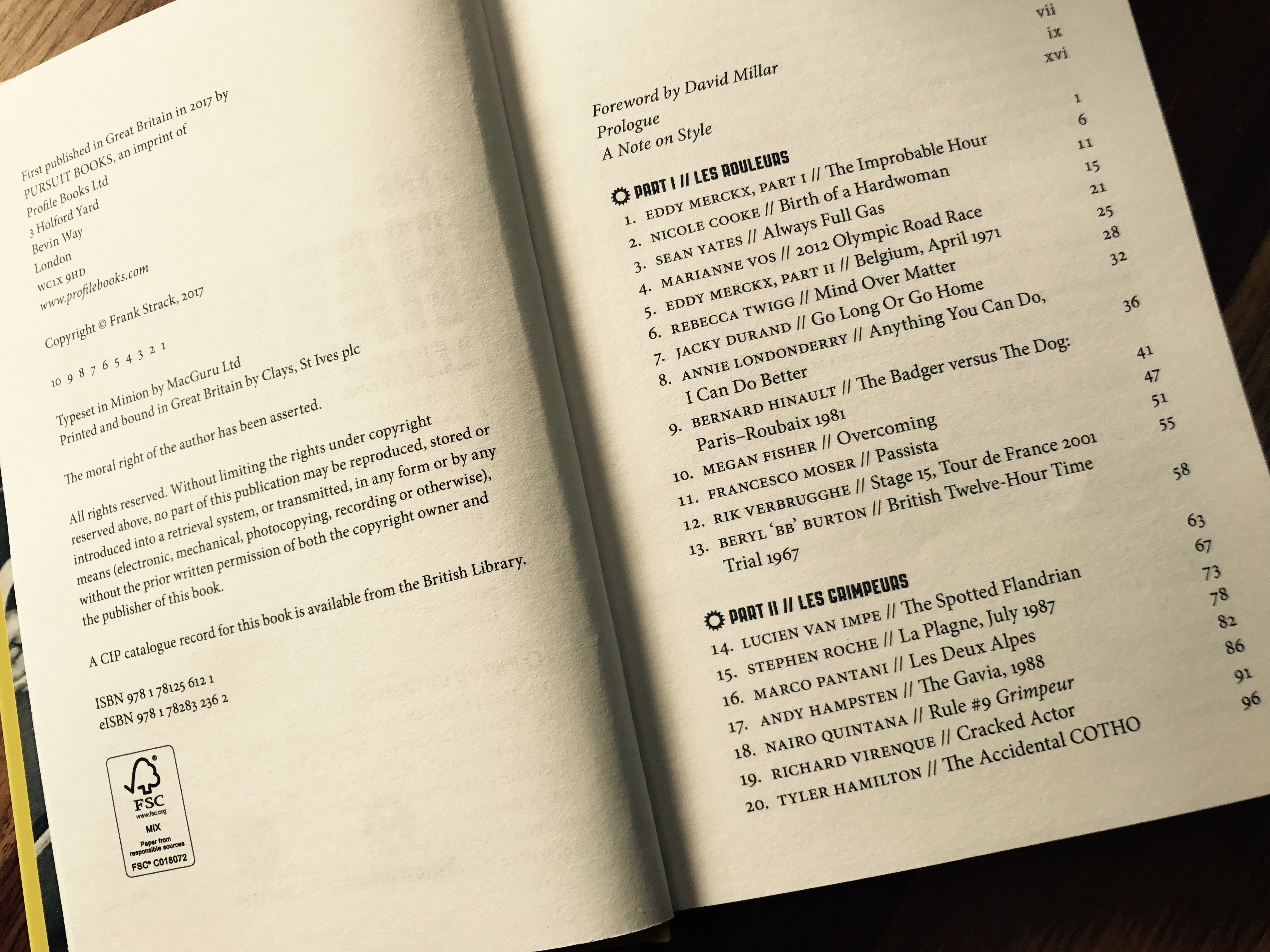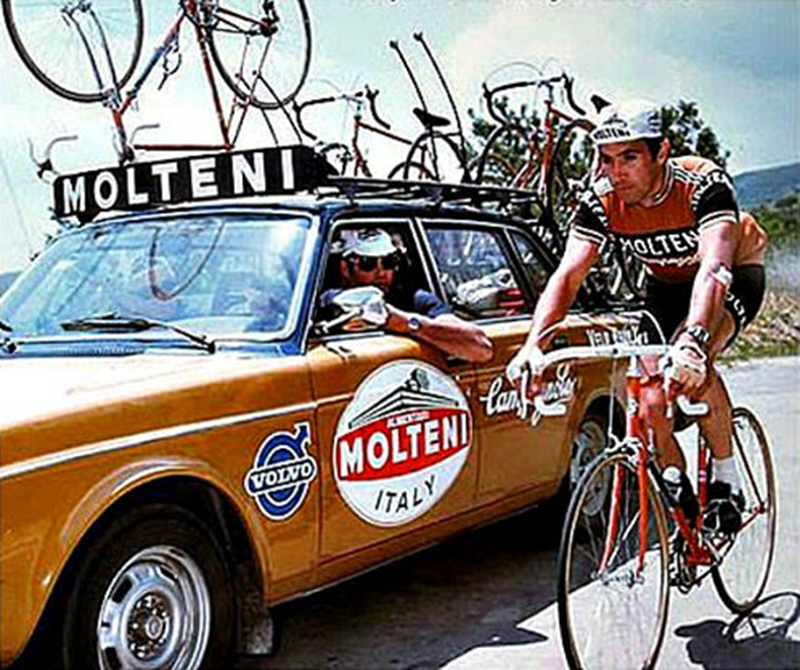In Flanders Fields

You don’t have to be in Flanders very long before you start to breathe in the history of the area. Horrible things have happened in the fields across Northern France and Belgium, like the Battle of Waterloo and the Battle of the Bulge. These are the kinds of things that hang in the air for centuries; they seep into your blood.
There is a famous poem written by John McCrae that is worth reading. Its also been put to music by my favorite band, Big Head Todd and the Monsters.
In Flanders fields the poppies blow
Between the crosses, row on row,
That mark our place: and in the sky
The larks still bravely singing fly
Scarce heard amid the guns below.We are the dead: Short days ago,
We lived, felt dawn, saw sunset glow,
Loved and were loved: and now we lie
In Flanders fields!Take up our quarrel with the foe
To you, from failing hands, we throw
The torch: be yours to hold it high
If ye break faith with us who die,
We shall not sleep, though poppies grow
In Flanders fields
Take a moment to remember the fallen with us.


Lest we forget.
Indeed the cemetery memorials are sobering reminders and worth a stop during your rides. I often rode through ones near Tielt and Ronse. However, Waterloo is in Wallonia and The Battle of The Bulge ocurred in The Ardennes.
@Blah
+1
After fighting down through Holland, my grandads tank division was based in Belgium for the majority of WW2. After the war, his best friend went back and married a girl from the local village and started a family there, they live just outside a town called Sint-Truiden.
Our two families have stayed in close contact as generations pass and new ones arrive. It’s a really important part of both families history to remember what they went through and the sacrifice of those around them.
I’m due to visit them later this year, and it’ll be the first time with my young family. I hope they do the same when they are older.
Indeed.
In Flanders Field was written during the First World War.
Significant and required attention to those fields.
@Pedale.Forchetta
Yes to that Pedale.
WW1 was sadly not effective in ending war so perhaps “wars” on bikes are the best option?
@jimmy
I guess the sentiment survives the geographical fail.
@Frank +1.
@Fränk; +1………
By “here”, I mean the general area, I’m not intending to state the battles happened in Flanders themselves. The point is there have been some horrible, horrible things that have happened in the area, and the people who died in those battles, wherever they were, were often from Vlaanderen and so forth.
It touches you in your very spirit. But thanks for the clarification on the specific geographic areas. That stuff is taken understandably seriously around here. The borders between Waloonia and Vlaanderen are more carefully observed than those between Belgium and France!
Keepers & Followers – my jealously has simply turned into wishing I was there, but getting a big kick out of experiencing some of it via your words & photos. Enjoy the week!
Battle fields are powerful places. I finally visited Gettysburg, which I’ve been through often, but never stopped. To consider what took place not long ago can put any current life situations in a new perspective.
Spending two full months in Prague last spring gave me an even deeper appreciation for the power of history…and I’m a historian! European history makes U.S. history seem so new. And then again, what happened in the streets of Prague in 1989 is quite recent.
Good one, Frank!
As a Canadian, I am honoured that Frank has choosen LCol McCrae’s poem. Well, maybe it goes without saying, with Frank’s strong ties to his ancestral homeland, the Low Countries. And all of our reverence for region and its long history in our choosen sport. Just as hockey is for Canada, cycling is for France and Flanders.
Quick sidebar before I continue, when I graduated from the school of hard knocks (the Princess Patrica’s Canadian Light Infantry Battle School) in 1988, I was in Korea Platoon. Our brother platoon on grad parade that day was France & Flanders Platoon. The PPCLI Battle School continues to name basic infantry training platoons after our battle honours. Later on in my career as a Lt in 2001, I commanded The Gully Platoon during thier basic course.
Here is the CBC’s rendition…
To be honest, as a soldier & war vet, I actually have mixed feelings towards “In Flanders Fields. It stands and was used as a rally cry during the war. And it is read/recited every year on Remembrance Day, so I hear it often. I have always thought that Lemmy Kilmister’s “1916” would make a more poignant message.
@Ron